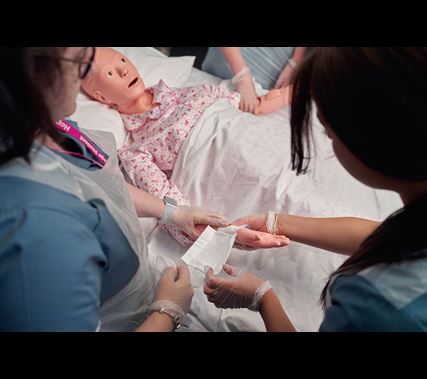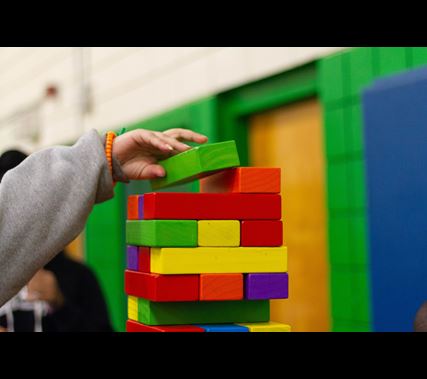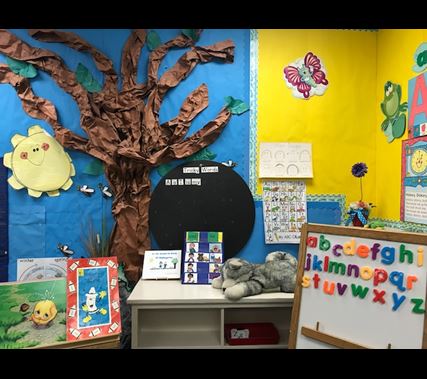Gain skills, knowledge, and confidence with T Levels
What are T Levels?
T Levels provide young people with a high-quality, work-focused alternative to A Levels once they’ve finished their GCSEs. T Levels:
- equivalent to 3 A levels and focus on vocational skills
- include a 45 day ‘industry placement’ to help young people develop skills
- offer progression to skilled employment, higher education or an apprenticeship
- designed and developed in collaboration with employers and practitioners, giving young people the skills to succeed in their chosen careers.
For more information, take a look at our key facts image.
Your questions answered
Students can choose to study a T Level in a range of subjects, from Education and Early Years to Health and Science, or from a variety of Digital pathways to Engineering and Manufacturing. View a full list of the subjects on the gov.uk website.
NCFE is spearheading the development of some of these qualifications, and has worked with the government, leading employers and subject matter experts to create industry-recognised qualifications across:
- Education and Early Years
- Health and Science
- Digital.
T Level qualifications were created in consultation with employers to provide learners with the skills they’ll need to succeed in their chosen industry and career. As employers were involved in the development of T Levels, they recognise and value the qualification.
Employers also value the employability skills that T Levels bring, as they include a longer, more meaningful work placement compared with other programmes.
T Levels are just as valid as A Levels, providing employers with a qualified workforce that has come from a different educational route; T Levels being the high-quality technical alternative to academic exams which might suit some students – and employers – better. One T Level is the equivalent of three A Levels.
Find out which providers in your area are delivering T Levels.
The practical, hands-on experience has been my favourite aspect of the T Level. Being able to work in the industry from the start has been great, and I’ve loved studying and applying what I’ve learned in class into practice. There are so many skills I've learned whilst doing the T Level.
Hear from students like you
Education and Childcare T Level student wins ‘Learner of the Year’ Award
You can also read more students’ stories on the gov.uk website.




